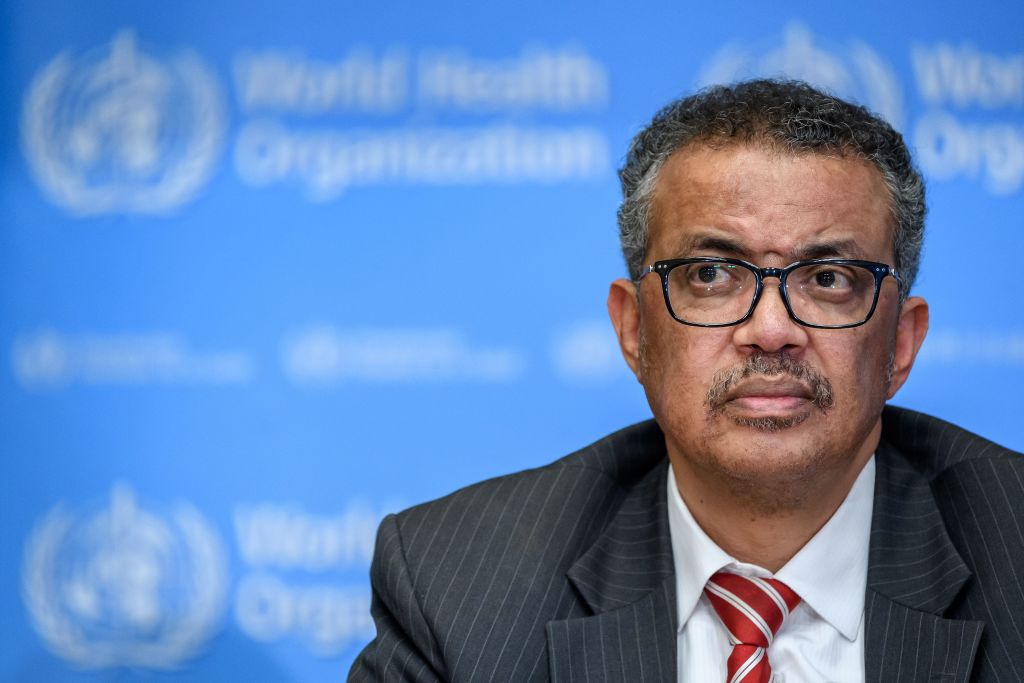South Africa and Botswana should not be punished for detecting the latest Covid-19 variant, Omicron, the World Health Organisation (WHO) warned Monday.
The warning by the global health authority follows travel restrictions imposed by the West on travellers from Southern African countries after South Africa reported that it had detected the latest Covid-19 variant, which has been described by scientists as the worst variant they had seen since the start of the pandemic.
In Zimbabwe, the Ministry of Health and Child Care is currently carrying out genomic sequencing from a sample of recent cases to find out if the variant is now present in the country.
The variant believed to have 32 mutations was spotted in Botswana and then detected in South Africa last week.
Since then the United Kingdom (UK) banned travellers from South Africa, Namibia, Zimbabwe, Botswana, Angola, Mozambique, Malawi, Zambia, Lesotho and Eswatini from entering that country unless they are UK or Irish nationals, or UK residents.
US officials have said foreigners would be blocked from travelling from South Africa, Botswana, Zimbabwe, Namibia, Lesotho, Eswatini, Mozambique and Malawi with effect from Monday.
Other countries that have imposed similar restrictions on Southern Africa include Australia, and Canada.
Speaking during the special session of the World Health Assembly yesterday, WHO director-general, Dr Tedros Adhanom Ghebreyesus said punishing other countries for detecting variants was uncalled for.
“South Africa and Botswana should be thanked for detecting, sequencing and reporting this variant, not penalized,” said Ghebreyesus
“Indeed, Omicron demonstrates just why the world needs a new accord on pandemics: our current system disincentivizes countries from alerting others to threats that will inevitably land on their shores. The emergence of the highly-mutated Omicron variant underlines just how perilous and precarious our situation is.”
Ghebreyesus said it was not yet established whether Omicron was associated with more transmission, more severe disease, more risk of reinfections, or more risk of evading vaccines.
“Scientists at WHO and around the world are working urgently to answer these questions,” he said.
“We shouldn’t need another wake-up call; we should all be wide awake to the threat of this virus. But Omicron’s very emergence is another reminder that although many of us might think we are done with covid-19, it is not done with us. We are living through a cycle of panic and neglect. Hard-won gains could vanish in an instant.”
Ghebreyesus added: “Our most immediate task, therefore, is to end this pandemic. Indeed, our ability to end this pandemic is a test of our collective ability to prevent and respond effectively to future pandemics, because the same principles apply: Courageous and compassionate leadership; Fidelity to science;Generosity in sharing the fruits of research; and an unshakeable commitment to equity and solidarity. If we cannot apply those principles now to tame covid-19, how can we hope to prevent history repeating? And we cannot end this pandemic unless we solve the vaccine crisis.”

